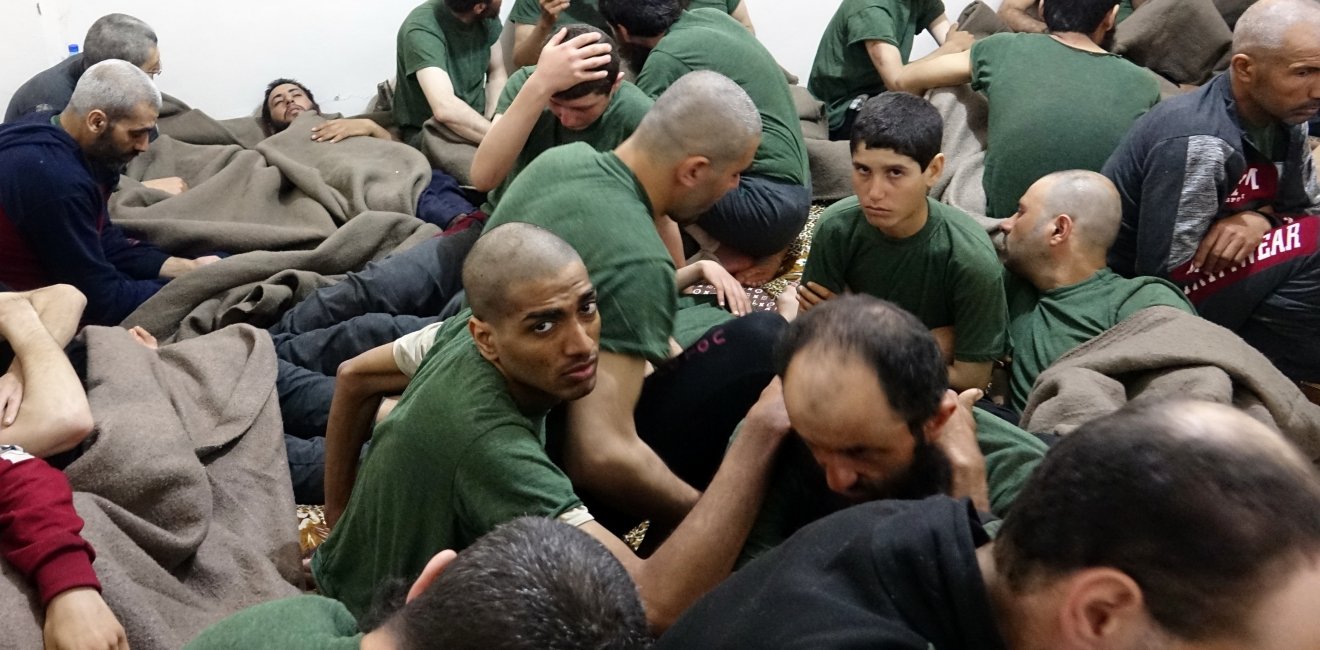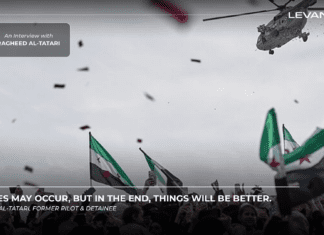
Following the collapse of Bashar al-Assad’s regime, the ongoing presence of Islamic State (ISIS) fighters in Syria remains a significant challenge, with an estimated 8,000 to 10,000 fighters and their families confined to camps in northeastern Syria. These camps, controlled by the Syrian Democratic Forces (SDF), highlight the complexities of post-Assad Syria, where international alliances and counterterrorism efforts are being tested.
US Calls for Continued Engagement
US Defense Secretary Lloyd Austin emphasized the importance of maintaining American troops in Syria to prevent ISIS from regaining power. “There is still a need for US forces there, particularly to secure detention camps holding tens of thousands of former ISIS fighters and their families,” Austin said in an interview before leaving office.
The United States currently has approximately 2,000 troops stationed in Syria, tasked with supporting the SDF and overseeing detention facilities like Al-Hawl and Roj camps. These camps house individuals from over 60 countries, with many detainees considered highly dangerous.
International Reluctance to Repatriate ISIS Fighters
The question of repatriating foreign ISIS fighters and their families remains contentious. On January 9, British Foreign Secretary David Lammy rejected US appeals to repatriate British nationals, including Shamima Begum, a former ISIS member. Begum, who joined the group as a minor in 2015, is currently held in the Roj camp.
“Begum is no longer a British citizen and cannot return,” Lammy said, prioritizing the security of UK residents. His comments followed statements by US counterterrorism officials urging allies to take responsibility for their citizens held in Syrian camps.
In Belgium, the issue of repatriation is also unresolved. Foreign Minister Bernard Quintin announced that the current Belgian government would not make a decision about repatriating nearly 90 of its citizens detained in Syria. “Such a decision should be taken by a full government,” Quintin said while in Ankara for discussions with Turkish officials. His remarks highlight the ongoing political limbo in Belgium, where the outgoing government has been operating for more than six months without a successor.
Quintin noted that the situation in Syrian camps represents a “matter of national security” for Belgium. Turkey, meanwhile, has urged European countries to take responsibility for their nationals, emphasizing that the indefinite detention of prisoners without trial poses risks. Turkish Foreign Minister Hakan Fidan suggested that the Syrian government should assume control over the camps and prisons, or that Turkey is prepared to assist in securing them.
Conditions in Detention Camps
The Al-Hawl and Roj camps have become focal points in the battle against ISIS. The SDF reports that these facilities house approximately 50,000 people, mostly women and children, many of whom live in dire conditions. While efforts have been made to improve camp security and living conditions, international aid remains limited.
Most detainees are children under 12, a US State Department report noted in July 2024, describing them as “deserving of a chance to live outside the harsh conditions of the camps.” However, the challenge of balancing humanitarian needs with security concerns has hindered progress.
Global Implications & Local Dynamics
Post-Assad Syria remains fragile, with ISIS’s continued presence exacerbating instability. The SDF, which has also called on foreign governments to take back their citizens, has struggled to manage the camps while managing northeastern Syria.
President-elect Donald Trump has expressed skepticism about the US role in Syria, although his administration has acknowledged the need to contain ISIS. “Assad is gone, and Syria is a mess,” Trump wrote on Truth Social, adding that the situation should “play out” without extensive US involvement.
As the international community grapples with its responsibilities in Syria, the refusal of countries to repatriate ISIS-affiliated nationals underscores the challenges of addressing extremism in a post-conflict environment.
An Uncertain Future
The future of ISIS in Syria depends on coordinated global action and local governance. With thousands of fighters and their families still in limbo, the task of preventing a resurgence remains daunting. For Syria and its international allies, the stakes are high in ensuring that the remnants of ISIS do not re-emerge as a destabilizing force in the region.








